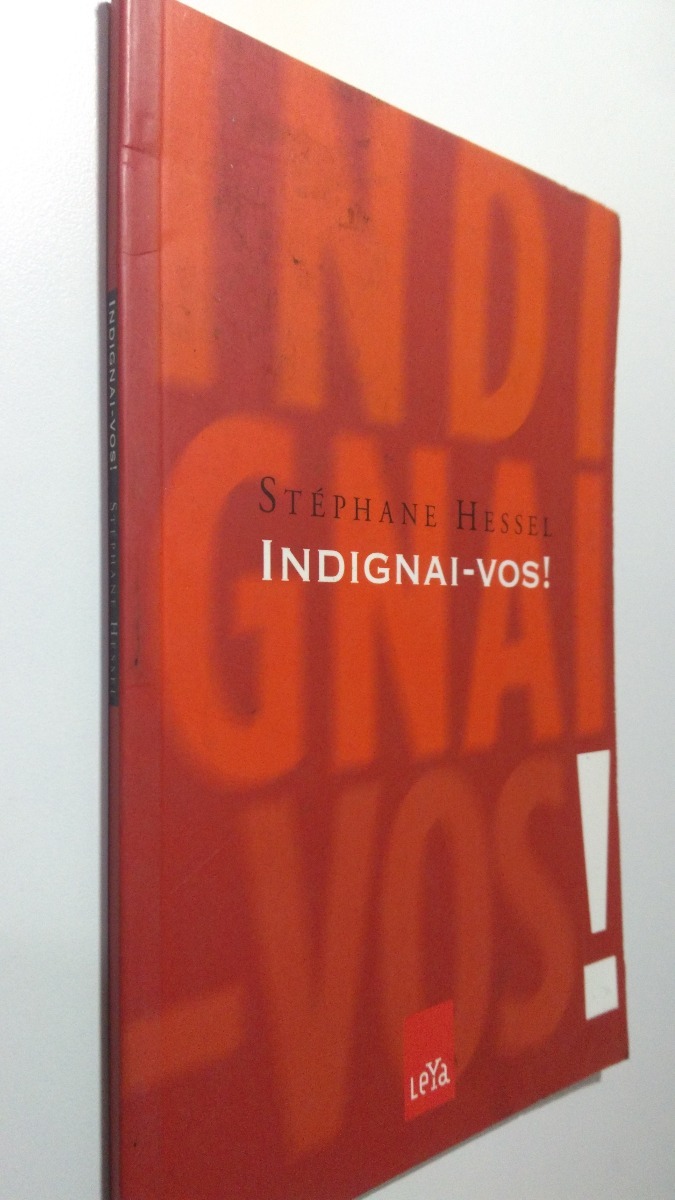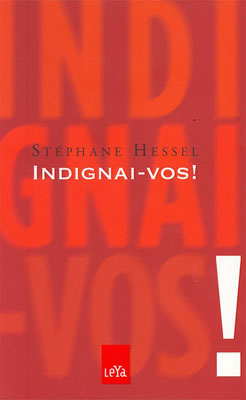The Case for Mutoko, Zimbabwe. In response, reformist elements within the party-state joined growing ranks of college graduates in numerous donor-funded projects throughout the country, including a concerted efort to prepare localities for municipal-level autonomy and elected leadership by See Weimer, ; Canhanga, Such citizen engagement is seen to bring additional beneits of increasing citizen oversight of public spending, thereby helping to reduce corruption and cronyism, empowering a more diverse range of political activists, reducing elitism and clientelism and, in the end, providing citizens with greater access to basic services and improved living conditions. While the third PB-Maputo methodology has put decision-making sovereignty into the neighbourhood meetings, thereby removing it from party-state leaders, the fact that the vast majority of participants in PB Days are Frelimo members and supporters camaradas questions the ultimate accountability implications of such a change. See also Reaud, Citizens, Stakeholders, and Voice. A sizeable number of participants do not actually stay until the end of the process. 
| Uploader: | Grojas |
| Date Added: | 19 November 2017 |
| File Size: | 44.46 Mb |
| Operating Systems: | Windows NT/2000/XP/2003/2003/7/8/10 MacOS 10/X |
| Downloads: | 88945 |
| Price: | Free* [*Free Regsitration Required] |
Participatory Budgeting in Africa: Cambridge, Cambridge University Press.
Eduarda Penha on Behance
PB oicials wander from group to group ofering assistance and further information as needed. No one discusses the municipal budget. Meetings usually begin about an hour late to accommodate latecomers normal for Mozambique and they last for two-to-three hours.
Contestation, Cooperation, and Accountability. The facts of the case do not seem to bear out this hypothesis: PB administrators were efectively powerless to do anything in response. While the decision-making processes of the Indignqi Day now place decision- making sovereignty in the preferences of neighbourhood-level participants, participation is still restricted in terms of partisan identiication.

Why PB in a competitive-authoritarian regime? Another indicator of the symbolic approach was indkgnai very limited time for consultation, which provided little room for actual dialogue. PBs and PIs can be seen in such a light.
As mentioned, Mayor Comiche certainly seems to have seen the PB as part of an overall revitalisation and rejuvenation of the existing municipal institutions — in the case of the PB, via greater citizen participation in the things that matter most to them: The primary aim is to understand a particular set of institutions, lvro the combination of approach and indings do have implications for a wider set of issues.
There are no discussion topics on this book yet. In the words of World Bank consultant, Nelson Dias, this is just an integral part of what the World Bank does — standard operating procedures: Je dis aux jeunes: Unlike PBs that arise in democratic or truly democratising regimes e.
Indignai-vos!
Maputo Growing old in Mozambique: Sobre os Votos Nulos. Dallyncited in Goldfrank New York, Chatham House. It would not be an exaggeration to say that Nguenha was the PB expert in Mozambique at this time.
In this case, the politically-rational participatory promise to citizen- participants participation for projects also went unmet. Is it about governance or is vps about investment planning and management?

And the policy seemed to be indginai more at mobilising the support of local-level party elites which he clearly needed than at mobilising the support of the population at large which he already had. Strinjam se, da je knjiga iz levega bloka, kar predstavlja intelektualni izziv, vendar v premislek. But, again, what about the contribution of the PB-Maputo to Mozambican democracy, and to democratic theory? Why undertake PBs or PIs if the targeted beneiciaries do not really care — if all they really want is just a handout?
Indignai-vos! by Stéphane Hessel
Second, there are empirical descriptions of the particular methodologies and institutional designs developed or borrowed and used in these cases. Paperback48 pages. Catembe and Nhaca districts.

The fourth criterion, as kivro, is essentially the same as the more general one discussed above: Thereafter, fewer and fewer Mozambicans have bothered to vote in national elections see De Brito, Testing whether or not these eforts have borne fruit over the long term has been beyond the scope of this study; and, of course, it is impossible to see into the future to fully test this evolutionary argument.

Комментариев нет:
Отправить комментарий